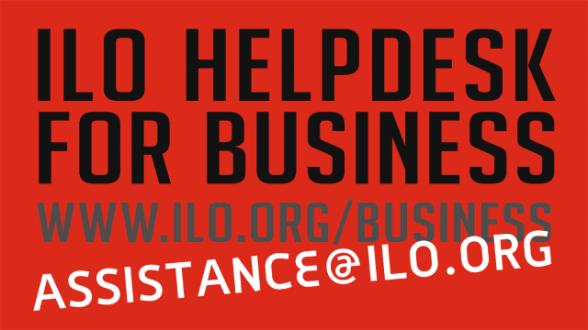Private certification schemes have become increasingly relevant in recent years as they allow companies to address sustainability issues and risks along the supply chain and make their commitment to sustainability visible. Certification systems define human rights criteria for process and production methods and have these audited by independent bodies in order to certify companies, products or production processes. They thereby contribute to better protection of human rights and support companies in their due diligence. However, certifications can usually not fully replace human rights due diligence procedures according to the UN Guiding Principles on Business and Human Rights or the OECD Guidelines for Multinational Enterprises, as they do not cover all relevant internationally recognised human rights. Certifications mostly concern the specific human rights of the world of work, i.e. the ILO core labour standards. Thus, while certification systems provide an ideal vantage point for and support human rights due diligence procedures, they often cannot yet replace a comprehensive human rights risk analysis according to UN and OECD standards.
Faitrade Max Havelaar
At Fairtrade Max Havelaar, for example, compliance with numerous human rights is required by the Fairtrade Standard. This includes, in particular, the prohibition of child labour (in accordance with ILO Conventions 138 and 182). The certification body FLOCERT verifies that the requirements are met. However, a ban alone does not solve the problem, which is why Fairtrade demands prevention and education. If a Fairtrade producer organisation is located in a country where the likelihood of child labour is very high or if the product is at risk of child labour, the organisation must take measures. It is recommended, for example, to introduce its own monitoring and correction system against child labour. Individual cooperatives (financed with the help of the Fairtrade premium and with technical support from Fairtrade) have already implemented the trend-setting Youth Inclusive Community Based Monitoring and Remediation Model (YICBMR). In addition to the standard for producer organisations, there are product standards. For products with a high risk of child labour, such as coffee and cocoa, additional obligations are set.
Fairtrade certification is thus an efficient instrument to avoid and mitigate certain human rights risks in the supply chain. Beyond the standard, companies can mitigate human rights risks with targeted Fairtrade programmes or advisory services in the sense of a best practice approach and address company priorities.
Code of Conduct Association (ICoCA)
Another example is the International Code of Conduct Association (ICoCA), a multi-stakeholder initiative founded in 2013 to strengthen compliance with human rights and humanitarian law by private security providers. ICoCa acts as a governance and monitoring mechanism for the International Code of Conduct for Private Security Companies. The association also provides a certification mechanism for private security companies. More information: https://icoca.ch/








